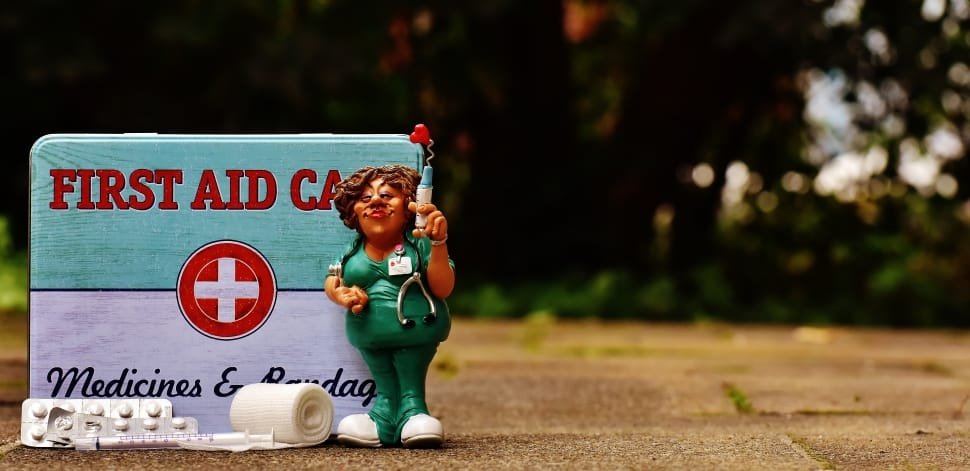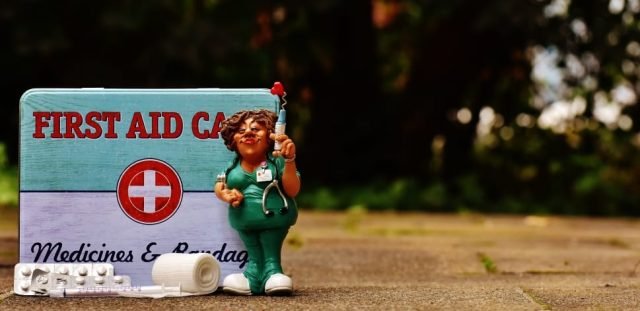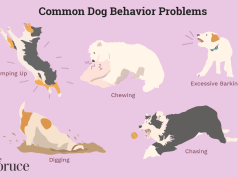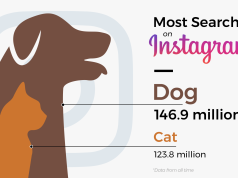Discover the essential pet first-aid items you should always have on hand to be prepared for any emergency. Learn how to care for your pet in unexpected situations.
Table of Contents
Introduction to Pet First Aid
Understanding the Importance of Pet First Aid
Pets, like humans, sometimes face emergencies that demand rapid attention. Having a pet first aid kit on hand and knowing how to use it can be the difference between life and death for your beloved companion. Pet first aid is not just about having supplies; it’s about being prepared to act swiftly and effectively when your pet needs you the most.

Common Pet Emergencies and Their First Aid Needs
Pet emergencies can range from minor injuries to severe, life-threatening situations. Some common emergencies include:
- Cuts and Scrapes: These are common and usually require wound cleaning and bandaging.
- Ingesting Toxic Substances: Immediate action is crucial to preventing serious health issues.
- Heatstroke: Rapid cooling and hydration are essential to prevent organ damage.
- Broken Bones: Immobilization and quick transport to the vet are necessary.
- Seizures: Keeping the pet safe from injury during a seizure and seeking immediate veterinary care is vital.
Each of these emergencies has specific first aid needs, making it essential to have a well-stocked first aid kit and knowledge of how to handle various situations.
How to Prepare for Pet Emergencies
Preparation is key to handling pet emergencies effectively. Start by assembling a comprehensive pet first aid kit and familiarizing yourself with its contents. Additionally, create an emergency plan that includes contact information for your veterinarian, the nearest emergency animal hospital, and a pet poison control hotline. Regularly review and update your plan and supplies to ensure you’re always ready.
The Role of Pet First Aid Items
Pet first-aid items play a crucial role in managing emergencies before you can get to a veterinarian. These items can help stabilize your pet, alleviate pain, and prevent further injury or infection. By having the right tools and supplies on hand, you can provide immediate care that could be life-saving.
Essential Pet First Aid Items to Keep
Wound Care Supplies
Wound care supplies are fundamental to any pet first-aid kit. Here are some essential items:
- Sterile Gauze Pads: For cleaning and covering wounds.
- Bandages and Tape: To secure gauze and protect the wound.
- Antiseptic Wipes or Solution: For cleaning wounds and preventing infection.
- Scissors: To cut bandages and tape to size.
- Tweezers: For removing splinters or debris from wounds.
- Hydrogen Peroxide: Useful for inducing vomiting if instructed by a vet (do not use without guidance).
Medications and Tools
Medications and tools are crucial for addressing various medical emergencies. Essential items include:
- Activated Charcoal: For absorbing toxins (use only under veterinary guidance).
- Digital Thermometer: To monitor your pet’s temperature.
- Eye Wash: For flushing out irritants or foreign substances from the eyes.
- Muzzle: To prevent bites when your pet is in pain or frightened.
- Instant Cold Pack: To reduce swelling and manage pain.
- Syringes: For administering medications or fluids.
- Pet-specific medications include antihistamines, pain relievers, and any prescribed medications for your pet’s specific conditions.
Additional Precautions and Recommendations
Training and Education on Pet First Aid
Being knowledgeable about pet first aid is as important as having the right supplies. Consider taking a pet first aid course to learn how to handle various emergencies effectively. Many organizations, including the Red Cross, offer pet first-aid training. Understanding how to perform CPR, bandage wounds, and handle other emergencies can save your pet’s life.
Knowing When to Seek Professional Help

While a well-stocked first-aid kit and basic knowledge are invaluable, some situations require professional veterinary care. Knowing when to seek help is crucial.
- Uncontrolled Bleeding: If bleeding doesn’t stop with pressure, seek immediate help.
- Difficulty Breathing: Any breathing issues are emergencies that need professional care.
- Severe Trauma: Injuries from accidents or falls require a vet’s attention.
- Persistent vomiting or diarrhea: These can lead to dehydration and need a vet’s evaluation.
- Changes in Behavior: Sudden lethargy, aggression, or other behavioural changes can indicate serious health issues.
Conclusion
Being prepared for pet emergencies with a well-stocked first-aid kit and the right knowledge can make a significant difference in your pet’s health and well-being. Regularly check and update your first aid supplies, educate yourself on pet first aid, and always be ready to seek professional help when needed. Your preparedness can provide the swift, effective care that could save your pet’s life.
Must Read: Top 10 Essential Products for Pet Must-Have for Pet Lover











